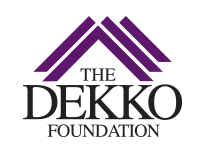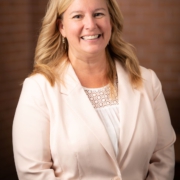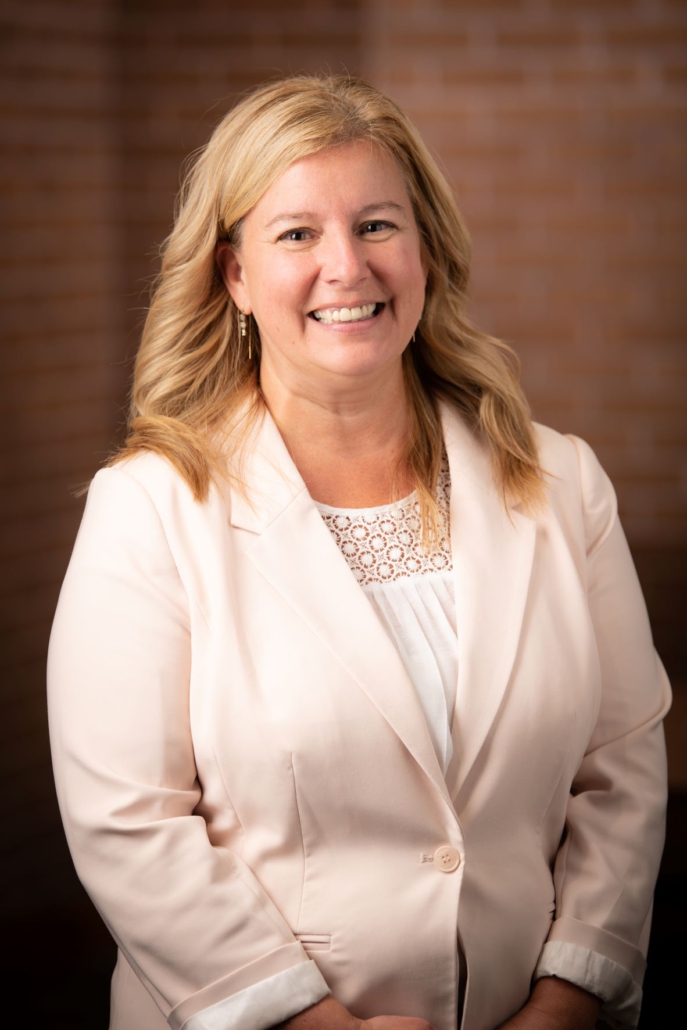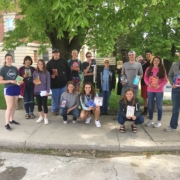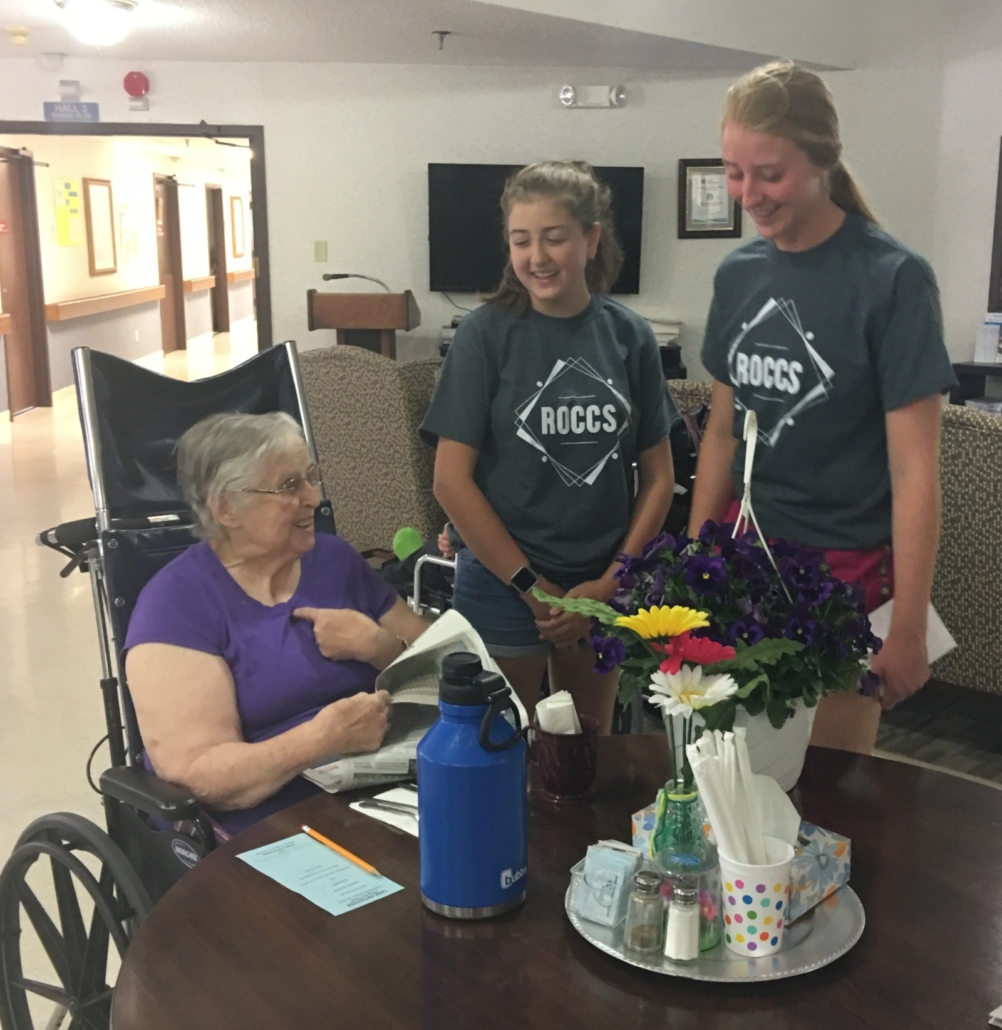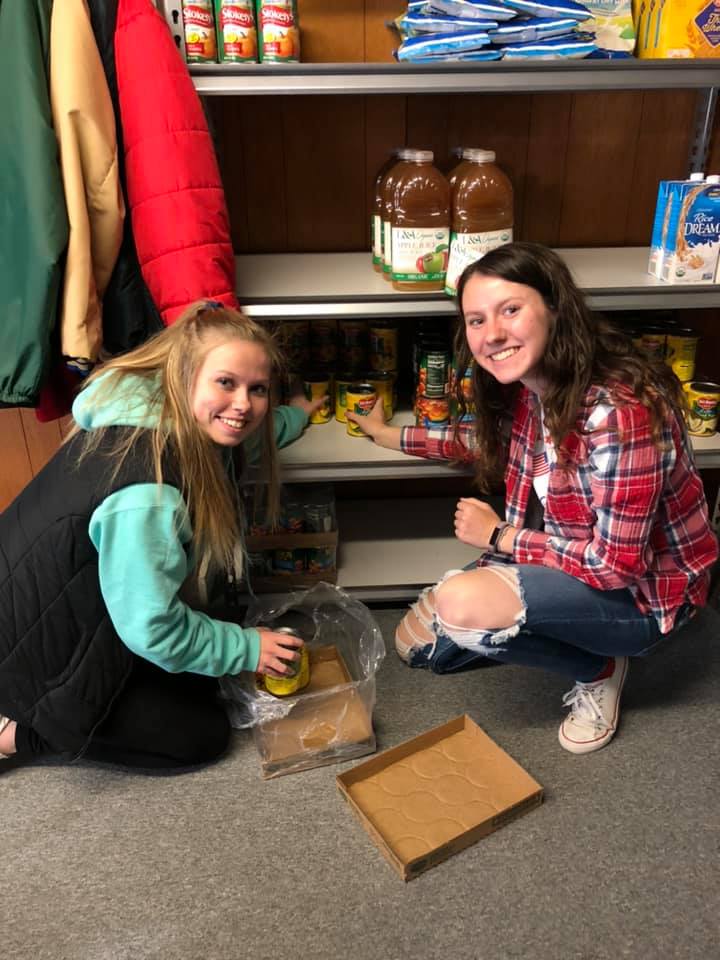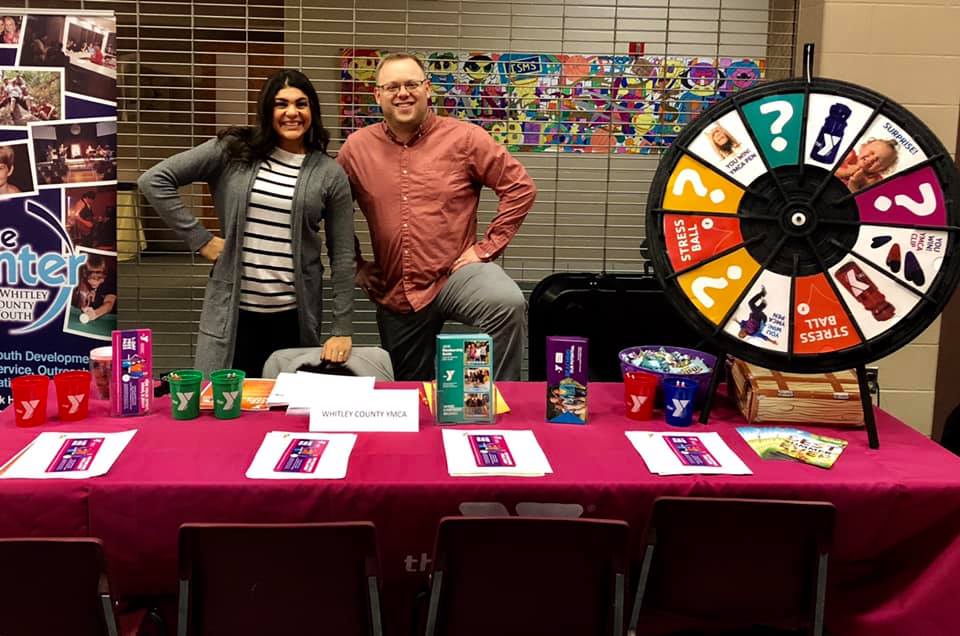Meet our team: Kimberly Schroeder
Kimberly Schroeder is the engagement director at the Dekko Foundation. She leads our proactive initiatives, including before5, which supports parents of young children, and bloom!, which works alongside educators to transform early learning classrooms based by focusing on the principles of child development. She also helps guide our support of youth philanthropy in the 13 counties we serve in Indiana, Iowa, Alabama, and Minnesota.
In March, Kimberly celebrated her 25th anniversary at the foundation. Below, she shares more about her role at the foundation as well as some of the many memories that stand out during her time here.
Question: You help lead and support the foundation’s proactive initiatives such as bloom! and before5. Why does the foundation proactively invest in building knowledge, skills, and character in children and young people? How is that different from its responsive grantmaking?
Answer: Both our responsive and proactive work stem from our mission statement of fostering economic freedom through education. Responsively, we invest in people, projects, and proposals that help us achieve our mission. If you imagine a dart board, our responsive investments can fall anywhere on the board for developing economic freedom.
In our proactive work, we look for barriers (things in the way) and gaps (things that are not yet available) that keep us from achieving economic freedom, particularly for things that we believe are a bullseye for growing skills, knowledge, and character that lead to economic freedom. Then we work to eliminate obstacles to economic freedom. Sometimes we connect people. Other times we collaborate with others to make things happen. And once in a while, we launch something new, like before5, which offers great child development information to parents, or bloom!, an experiential, emergent professional development opportunity based on the principles (natural laws, unchanging truths about how children grow and develop).
Q. You’ve been instrumental in supporting the growth of youth philanthropy in our grantmaking areas. Why is it so important for young people to have opportunities to practice philanthropy?
A. Philanthropy plays an important role in our country’s history and success along with capitalism and democracy. Philanthropy, or the sharing of time, talent, and treasure, seems natural to some. But at the Dekko Foundation we believe that philanthropy is a learned characteristic. Investing in teens as they assess their community’s needs and then make choices about where funding lands is a proactive way for the foundation to support adolescent development. Our Youth Pod initiative empowers teens to make real decisions with real money that really matter.
Q. You recently celebrated your 25th year of working at the foundation. How has the foundation changed over time? What things have stayed the same?
A. Wow, a lot has changed. Community foundations have grown in assets and ability to serve communities. Many nonprofit leaders have grown organizations, retired, and left those nonprofits in the hands of capable, confident staff members who grew up in the organizations. New nonprofit organizations have been created and too many childcare centers have closed. Do I even need to mention how technology has changed our work?
The things that have stayed the same are the mission statement Mr. Dekko left us, the geographic areas that we serve, and the hard-working, smart-thinking people that are committed to making positive community change. We call them grantseekers and grantees. They are special people we get to work with every day.
Q. What are some moments or memories that stand out?
A. For me, the first thing that comes to mind is Youth Pod retreats. From the locations (Syracuse, Kendallville, Angola, Des Moines, Shipshewana, Athens and Huntsville, North Webster, Mount Ayr, Warsaw then Kendallville again), to Phil Philanthropy’s costumes, to the speakers, the hard work, the fun, the sleep deprivation, phish members (our leadership team) and most importantly the Youth Pod members who told us, “It wasn’t until now that I understood what this thing called philanthropy is. I get it now!”
My teammates would answer this question with the number of times that I’ve gone the wrong way down one-way streets.
Q. What are the exciting things in store for your 26th year?
A. An adult-only Youth Pod retreat this November, planning for the next Youth Pod retreat in 2024, getting to work with grantseekers to learn about their ideas, and watching as our grantees build skills, knowledge, and character in young people so that they are prepared to live economically free.
If you’d like to learn more about our mission of fostering economic freedom through education, contact a program officer at 260-347-1278 or email dekko@dekkofoundation.org.
